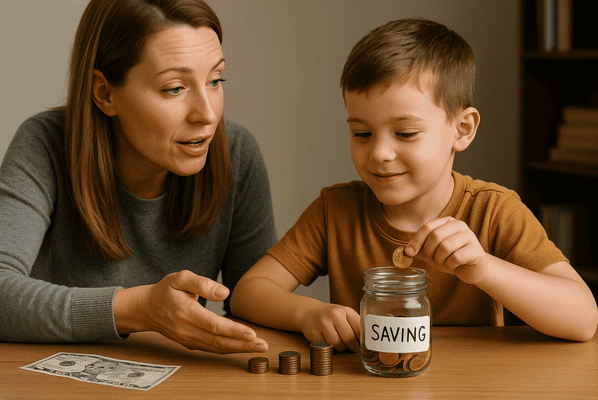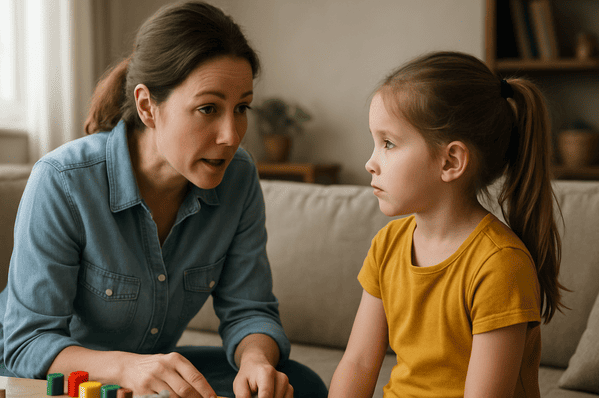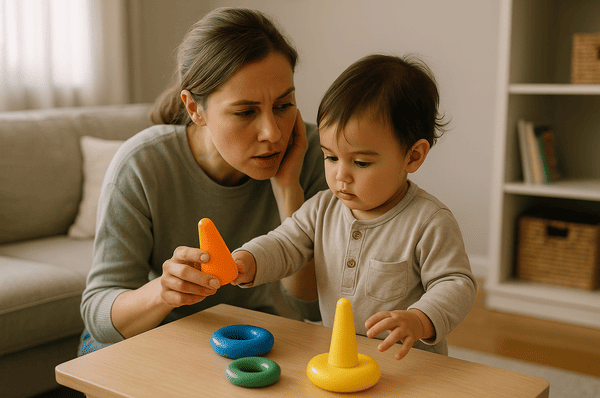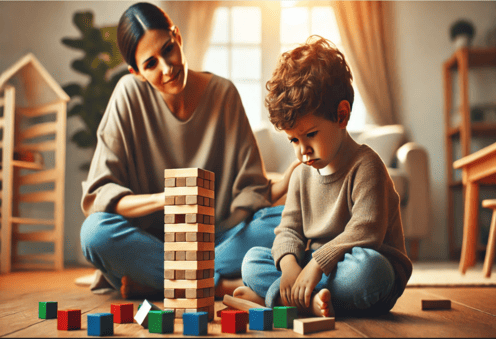Teaching Kids the Value of Money from a Young Age
Helping children understand the value of money early in life is one of the most important life skills a parent can offer. Financial literacy doesn’t have to be complex, and it doesn’t require formal lessons — everyday moments can become opportunities for children to learn about spending, saving, and making wise choices. With simple and … Ler mais









